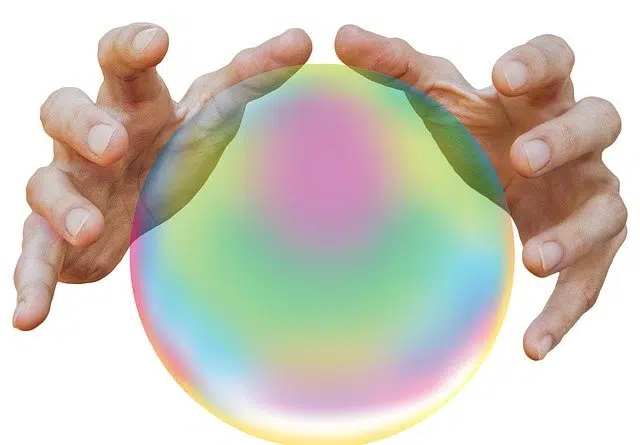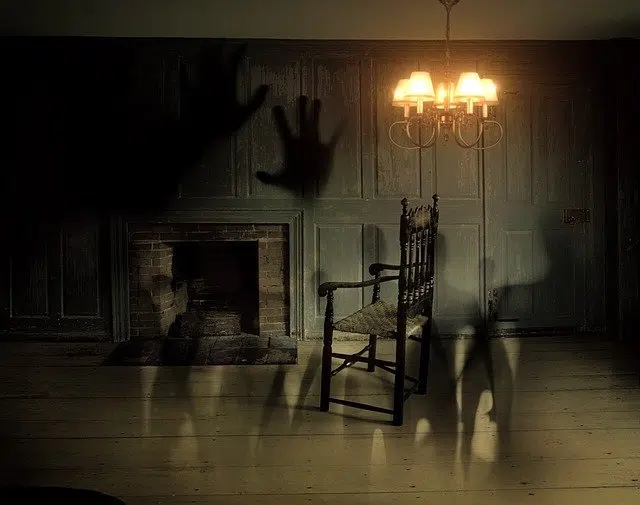
Parapsychology is a pseudoscience.
The first thing to do before entering fully into the definition of parapsychology is to determine its etymological origin. In this sense, we have to say that it is a word that derives from Greek, since it is the result of the sum of three components of that language:
• “For”, which is equivalent to “next to”.
• “Psyche”, which can be translated as “soul”.
• “Logia”, which is synonymous with “study”.
Parapsychology is the discipline dedicated to the analysis of paranormal phenomena . Its scope of study covers those events that cannot be explained by psychology or the rest of the traditional sciences.
A pseudoscience
Parapsychology can be classified as a pseudoscience , since it lacks a generally accepted scientific method and does not provide scientific evidence for its supposed discoveries. Even so, parapsychologists often present themselves as true scientists.
Likewise, we must not overlook that parapsychology is a very extensive and varied discipline. Hence it is divided into several branches, among which are the following:
• Clairvoyance, which is considered to be the ability of some people to perceive something that is hidden from others.
• Telepathy, which consists of reading the mind of another individual.
• Telekinesis, consisting of moving any object simply with the force of the mind.
• Reincarnation or psychography.
• Apparitions, that is, the existence of ghosts.

The supposed demonstration of the existence of ghosts is one of the objectives of parapsychology.
Origins of parapsychology and its presence in cinema
Human beings have always tried to understand those phenomena that cannot be explained by science . Starting in the 19th century , parapsychology began to develop procedures and studies similar to those carried out by scientists although, as mentioned above, it never achieved the status of science.
The world of parapsychology has always been very interesting to cinema. Hence there are numerous films about it such as, for example, “Amityville Horror” (1979), “The Last Prophecy” (2007) or “The Exorcism of Emily Rose” (2005).
The view of science
It is important to highlight that conventional science usually provides rational explanations for most of the paranormal events that parapsychology analyzes. The visualization of specters, ghosts and other supernatural beings is usually attributed to hallucinations , while psychophonies are due to alterations in magnetic fields when interacting with an electrical device.
Poltergeist phenomena, for their part, are explained by science as a consequence of various processes produced by electromagnetic fields, ionization and static electricity, among other physical issues.
It can be said, in short, that parapsychology has not managed to demonstrate the existence of any paranormal phenomenon throughout its history. All the facts reported by this pseudoscience or the supposed achievements achieved by parapsychologists remain in the realm of conjectures and theories .
However, there is such interest in this type of pseudoscience that there are numerous experts who specialize in it. What's more, there are even specific radio or television programs about it. This would be the case, for example, of “Fourth Millennium”, a Spanish space presented by the journalist Iker Jiménez, which, since 2005, has brought citizens closer to the most unique cases related to parapsychology or the occult.
